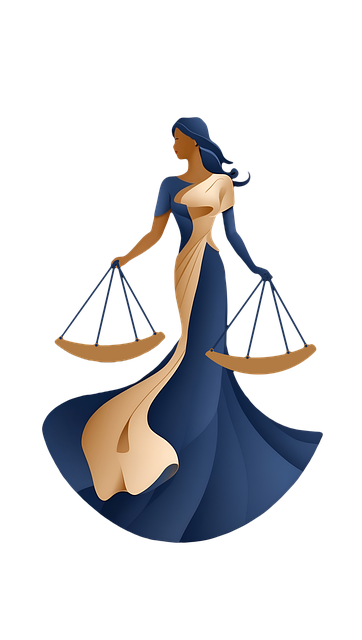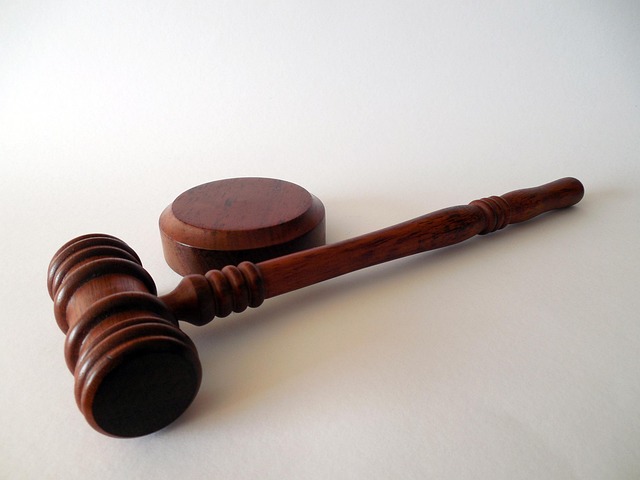Whistleblower Protection Laws safeguard individuals exposing organizational wrongdoing from retaliation. Understanding Steps in Criminal Procedure Litigation is crucial for legal action. The process involves identifying wrongdoing, consulting legal experts, filing formal complaints, and navigating pre-trial hearings & jury trials. Evidence collection and preservation are key components, with expert witnesses ensuring admissibility. Whistleblower cases require strategic navigation through complex procedures with far-reaching impacts on corporate and political spheres.
Whistleblower Protection Lawsuits: A Comprehensive Guide to Navigating Legal Action. Many individuals play a crucial role in exposing corporate fraud, public corruption, or illegal activities by coming forward as whistleblowers. However, this courageous act can come with significant risks. This article explores the intricate world of whistleblower protection lawsuits, offering valuable insights into understanding legal rights, initiating action, and navigating court procedures. From recognizing violations to evidence collection and facing criminal charges, we break down the steps in criminal procedure litigation for an informed journey.
- Understanding Whistleblower Protection Laws
- Initiating Legal Action: Steps for Whistleblowers
- Criminal Procedure: Rights and Responsibilities
- Evidence Collection and Preservation Techniques
- Navigating Courtroom Procedures for Whistleblower Cases
Understanding Whistleblower Protection Laws

Whistleblower Protection Laws are designed to safeguard individuals who expose illegal or unethical activities within their organizations from retaliation. These laws recognize the vital role whistleblowers play in rooting out fraud, corruption, and other misconduct, particularly in white-collar and economic crimes cases. Understanding these protections is crucial for anyone considering coming forward with information that could lead to significant legal consequences for their employers.
The process typically involves several steps in criminal procedure litigation, including the initial disclosure of concerns, an investigation into the allegations, and formal reporting to relevant authorities. If a whistleblower faces adverse actions like termination or harassment after disclosing improper conduct, they may have legal recourse. Across the country, these cases often culminate in jury trials where the facts are rigorously scrutinized, ensuring fairness for both the accuser and the accused.
Initiating Legal Action: Steps for Whistleblowers
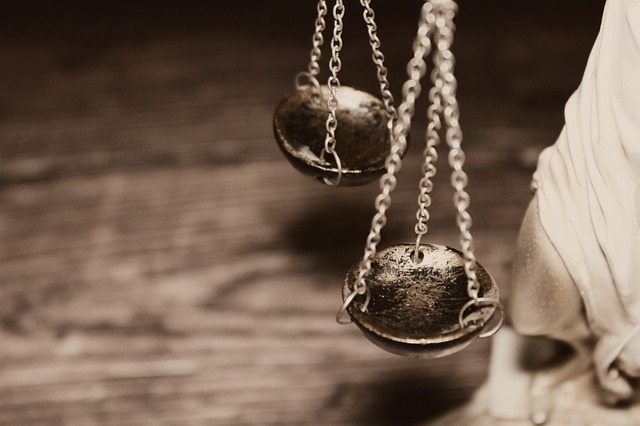
When considering initiating legal action as a whistleblower, understanding the steps involved in criminal procedure litigation is crucial. The process begins with identifying a violation or potential wrongdoing within an organization. Whistleblowers must gather evidence, document their observations, and assess the legal basis for their claims. Once ready, they should consult with legal professionals experienced in handling such cases to ensure a strong foundation for their case.
The next steps include filing a formal complaint with relevant authorities, which may trigger internal investigations or even lead to the initiation of criminal proceedings. Throughout this process, whistleblowers must navigate complex legal procedures, including pre-trial hearings and, potentially, trial by jury. Achieving extraordinary results often requires meticulous preparation, strategic advocacy, and a deep understanding of both the facts and the law, especially when addressing white collar and economic crimes. Ultimately, the complete dismissal of all charges can be a significant outcome for those who bravely step forward as whistleblowers.
Criminal Procedure: Rights and Responsibilities
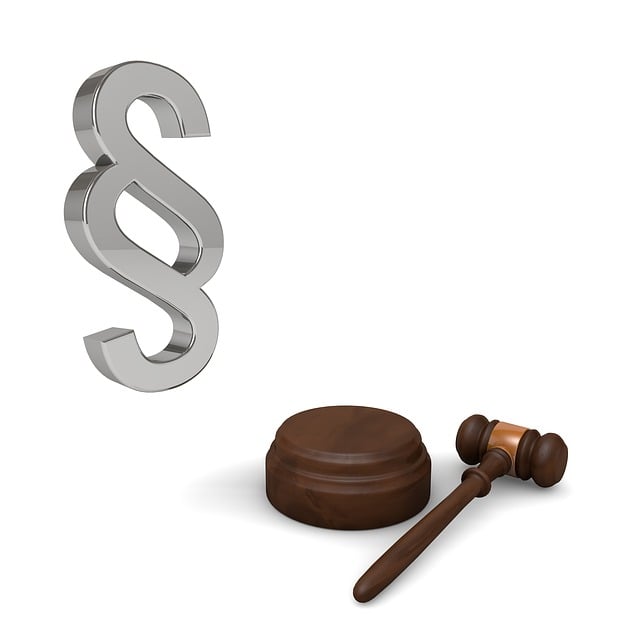
Whistleblower protection lawsuits often navigate complex legal landscapes, especially when delving into criminal procedure. The steps in criminal procedure litigation are crucial for both plaintiffs and defendants, as they dictate rights and responsibilities throughout the process. These proceedings cover all stages of the investigative and enforcement process, from initial allegations to potential trials and appeals.
Understanding one’s rights is essential for individuals involved in such cases. In terms of a white-collar defense strategy, knowledge of these procedures can be instrumental in avoiding indictment. Each stage, from investigation to verdict, demands careful navigation, ensuring that legal responsibilities are met while protecting the interests of all parties involved.
Evidence Collection and Preservation Techniques

In whistleblower protection lawsuits, evidence collection and preservation are paramount, following strict steps in criminal procedure litigation. Legal professionals must swiftly gather and safeguard relevant documentation to bolster their client’s case, especially in high-stakes cases where an unprecedented track record of successful protections is crucial. This meticulous process involves securing digital records, emails, and any communication that could serve as key evidence.
Expert witnesses play a significant role in this phase by providing guidance on preserving electronic data, ensuring it remains admissible in court. Proper preservation techniques include maintaining original files, creating tamper-proof backups, and documenting every step taken to avoid indictment or potential legal repercussions. This meticulous approach is vital for winning whistleblower cases, where the details often make or break the lawsuit’s outcome.
Navigating Courtroom Procedures for Whistleblower Cases
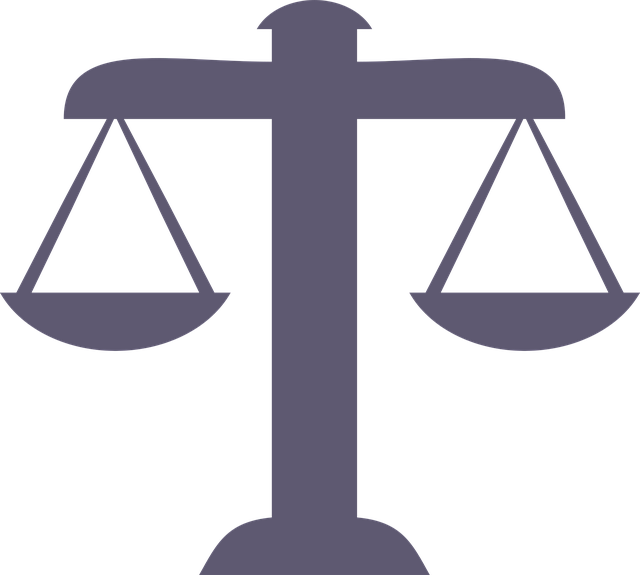
Navigating the courtroom for whistleblower cases involves a unique set of procedures that differ from typical civil litigation. It’s crucial to understand these steps in criminal procedure litigation, especially as whistleblowers often find themselves in high-stakes cases. The process can be complex, with potential implications reaching beyond the legal realm into the corporate and political landscape.
Whistleblower protection lawsuits require a strategic approach to navigate. Attorneys representing whistleblowers must ensure their clients are protected from unnecessary risks, including avoiding indictment where possible. This delicate balance is essential, particularly when addressing matters that resonate deeply within philanthropic and political communities.
Whistleblower protection lawsuits are complex processes that demand a deep understanding of legal rights and procedures. From initiating legal action to navigating courtroom procedures, each step in criminal procedure litigation is crucial for ensuring whistleblowers receive justice. Understanding your rights and responsibilities, collecting and preserving evidence effectively, and adhering to specific legal paths can lead to positive outcomes in these sensitive cases. By following the outlined steps and seeking professional guidance when needed, whistleblowers can play a vital role in exposing wrongdoings and fostering a more transparent society.



